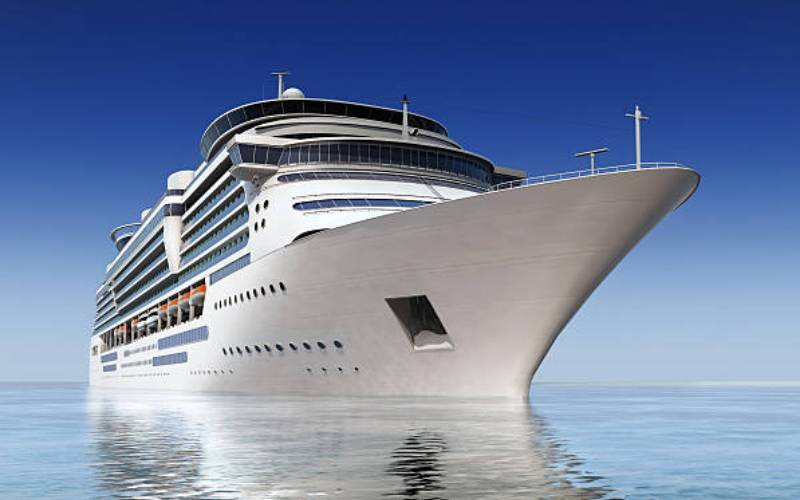×
The Standard e-Paper
Kenya’s Boldest Voice

For the last three years since 2019 more than 2,200 Kenyans have been recruited to work aboard different cruise and container ships.
These include the MSC Cruise ships, MSC Container vessels, Royal Caribbean cruise ships and Celebrity cruises.